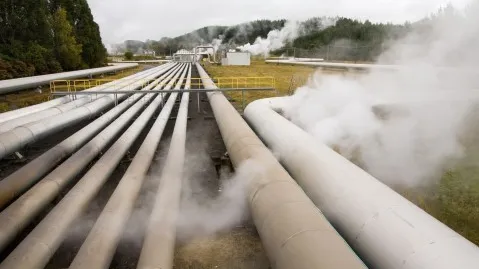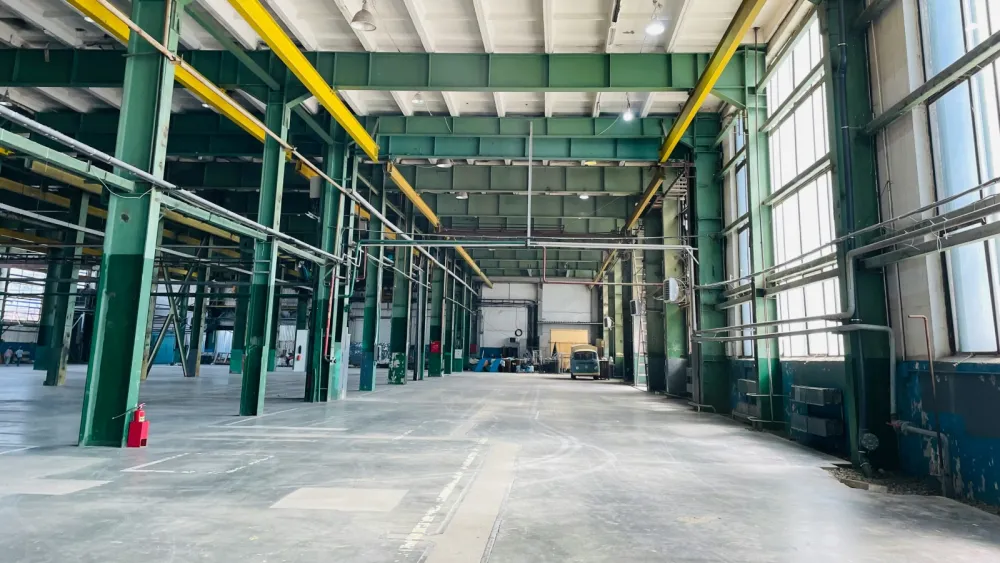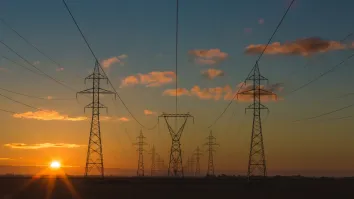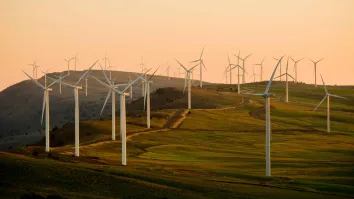
Israel signs deal to export natural gas to EU
The MoU also require the parties to reduce emissions.
Israel has signed a memorandum of understanding (MoU) that will allow the country to export natural gas to the European Union (EU) for the first time.
Israeli Minister of Energy Karine Elharrar signed the MoU, effective for three years upon signing and will automatically be renewed for two more years, with Egypt and the EU for collaboration on trade, transportation, and export of natural gas to EU countries.
"This is a historical moment in which the small country of Israel becomes a significant player in the global energy market,” Elharrar said in a statement by the Ministry of Energy.
“The MoU will enable Israel, for the first time, to export Israeli natural gas to Europe, and it is even more impressive looking at the significant set of agreements we signed over the last year, which position Israel and the Israeli energy and water sectors as a key global player,” she added.
The ministry added that the commitment under the MoU is subject to the “preservation of the energy security and capacity for supply to the domestic market” of each of the signatory parties, and will not prevent Israel and Egypt from exporting natural gas to other markets.
It also included steps that will accelerate the implementation of the MoU, including a clause where the EU will encourage European companies to enter competitive processes and invest in projects to explore the production of natural gas in Israel and Egypt.
A plan will also be drafted for the use of infrastructures, a review of the development of new liquefaction plants, and a road mar to complete and accelerate the approval required to implement the deal.
Signatories will also work together to reduce methane emissions and look into advanced technologies for methane capture and reduction of venting in all stages of the supply chain, the ministry said.
The deal also includes a joint review of the potential use of carbon capture as part of the general programme to reduce emissions and decarbonise the natural gas sector, and explore investment opportunities in the development of technologies for it.
Read also: Natural gas platform Karish FPSO arrives in Israel


















 Advertise
Advertise







